Imane Khelif’s victory dance around the ring is reminiscent of Rumpelstiltskin. She alternates lifting her knees, twisting one way, then the other. In the past, her triumphs were based on her fists, but now it’s her legs that do the celebrating. The 12,000 spectators at Roland Garros Stadium seem to give him extra energy.
Khelif beat Thailand’s Janjaem Suwannapheng in the 66kg Olympic semi-final with a decisive 5-0 win. On Friday evening, she will compete for the gold medal against China’s Yang Liu. This victory came after several days of debate about her gender, during which she was the victim of insults and hatred, as part of a disgraceful sports-political spectacle. Of course, it’s not her fault.
The fault lies with the leaders, in particular those of the International Boxing Association (AIBA), which lost its Olympic eligibility following a series of scandals. The International Olympic Committee (IOC) expelled AIBA, but the Russian-controlled federation retains its influence. This was demonstrated in Paris at a chaotic and absurd press conference.
At the conference, President Umar Kremlev repeated his unfounded assertion that Khelif and Lin Yutang were “males”, displaying much bravado but no proof. The IOC, which organises the competitions in both Paris and Tokyo, responded calmly and almost cheerfully: by now, the boxing world should understand who has been running it for years. The IBA has not had the right to return to the Olympic family for a long time.
However, it also means that for boxing to remain an Olympic sport, it needs a new world federation – a “reliable partner”, as IOC President Thomas Bach demands. Without this, the Olympic future of this traditional sport is uncertain, but the IOC is hopeful. Boxing should continue to be part of the programme in Los Angeles, but changes must be made for this to happen.

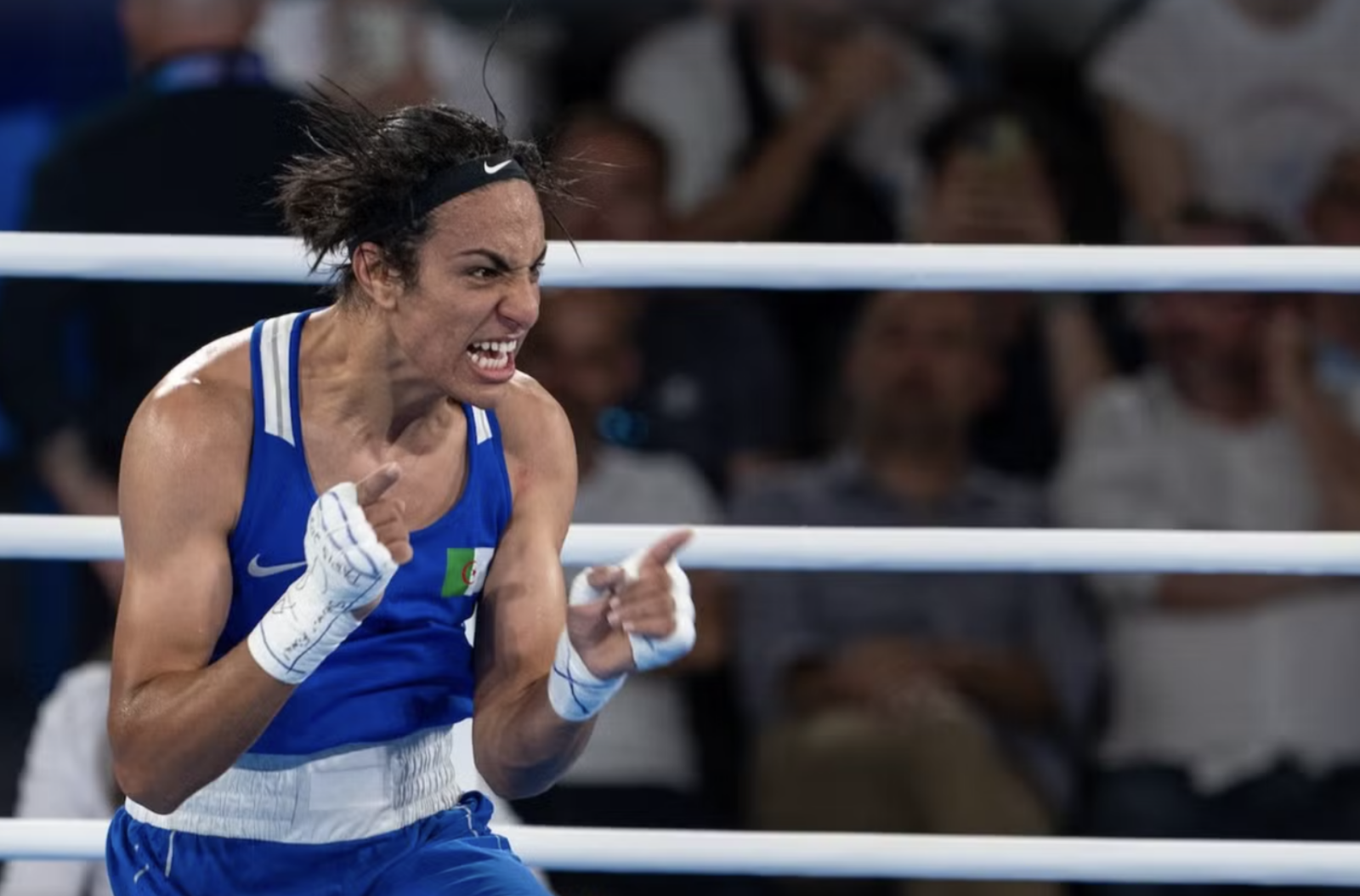

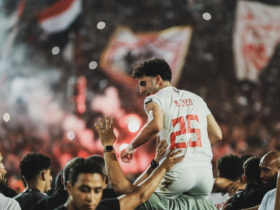

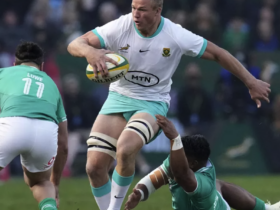
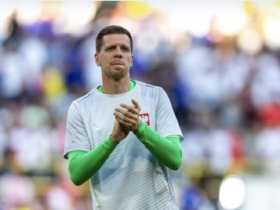
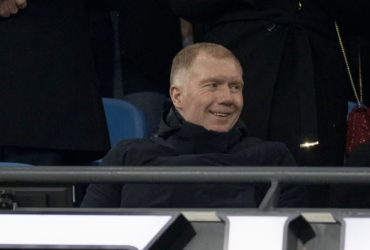
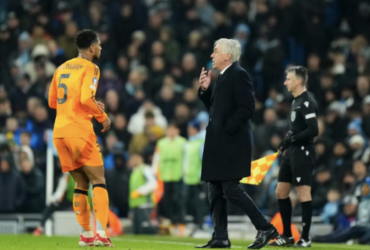
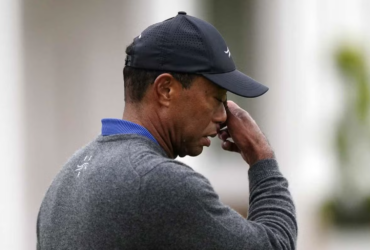



Leave a Reply